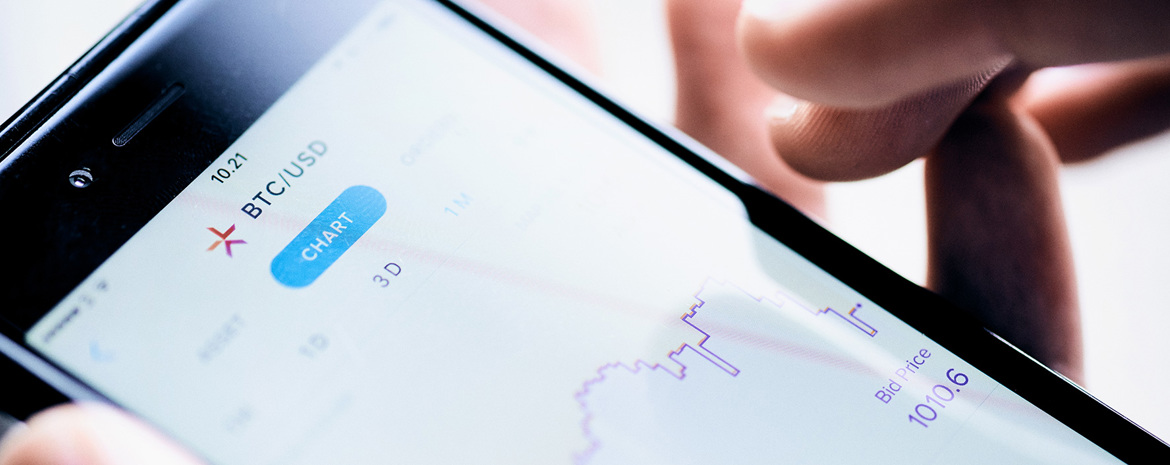In the fold-out menu below you can read about the rules for your bank account.

My bank account
INFORMATION WORTH KNOWING ABOUT YOUR BANK ACCOUNT
You can read the rules that apply to your account with a Danish financial institution.
Banks will move an ordinary deposit account for you from one bank to another for free. However, you must have had the account for more than 12 months.
Moving your Direct Debit service will occur within seven business days. If information about your Direct Debit services needs to be collected from your old bank, then your old bank also has seven business days to respond to the enquiry.
Unwarranted delays caused by banks during the switching of accounts should not affect you.
All consumers are entitled to a basic deposit account, in accordance with good practice rules, and a basic payment account, in accordance with the law on payment accounts.
A basic deposit account is the simplest account you can get. The following basic functions are attached to the account:
- You can withdraw and deposit cash
- You will receive a debit card with a balance control function so that you can withdraw money at ATMs and pay in shops, if you have money in your account
- You can receive wages, pension payments, social security benefits or other payments into your account.
The account may not cost more than DKK 180 per year.
A range of services are connected to a basic payment account:
- You have the option of withdrawing cash at the cashier desk and at ATMs in the EU
- You will receive a debit card with a balance control function which can be used in the EU, as well as online
- Online banking with the option of carrying out individual and regular transfers
- Danish Direct Debit service so that you can pay your bills
- Individual banks must offer the account free of charge or for a reasonable fee
Both accounts can be used as NemKonto.
You must have an impartial written explanation if your bank terminates your account and you should receive reasonable notice.
Account holders over 67 years old with more than DKK 100,000 in their account will be advised as to how their savings can be alternatively invested to achieve the best possible rate of return.
You always have the option of receiving information about your banks prices via your bank adviser, the banks website or the price comparison database pengepriser.dk.
The database was established by a partnership between Finance Denmark and the Danish Consumer Council.
Your bank should immediately return the unauthorised amount withdrawn from your account if you query a charge, payment or transfer.
However, this does not apply if it is clear that your query is unfounded or the reversal of funds is subject to a pre-existing agreement i.e. debtor rules for Danish Direct Debit (Betalingsservice).
When you become a bank customer, your new bank must inform you of the rules for calculating interest and value dates, i.e. whether interest is added annually or per quarter and when interest is calculated, if money is deposited or withdrawn from the account.
Every year your bank must give you an overview of your fees either by post or electronically.
You will only receive an overview of fees electronically if you have consented to electronic communication with your bank.
The overview shows you the fees that you have paid in the course of the year i.e. account, card and associated payments. Fees for transactions and services that you paid for with cash at the cashier desk are not included in the overview.
You can always find a general overview of fees on your bank’s website.
In case of death, the deceaseds accounts will often be blocked, power of attorney will no longer apply, checks and debit cards will be blocked and any Danish Direct Debit services connected to the account will be put on hold. This may also apply to joint accounts.
In accordance with the Danish law on the administration of the estate of a deceased person, banks have the right to block the deceaseds account until a decision has been made by the probate court.
However, banks have different practices concerning whether a joint account will be blocked in connection with a death. Your bank should inform you about what will happen to joint accounts and power of attorney in cases of death.
You should contact you bank and clarify how you can best organise your banking affairs if your partner dies.
The bank should notify the surviving account holder or holder of power of attorney as soon as possible after the death:
- that the joint account will be temporarily blocked
- that future payments will still be deposited in the joint account and that the surviving account holder should therefore decide to deposit wages, pension savings etc. into another account.
Get updates by email
Don’t miss out on the latest news from Finance Denmark.
Sign up for news in danish
Finance Denmark is a business association for banks, mortgage institutions, asset management, securities trading and investment funds in Denmark. Our members are mortgage institutions, banks, savings banks, cooperative savings banks, Danish branches of foreign banks, asset managers, Danish securities dealers and investment funds.
Read more about Finance Denmark and our work
